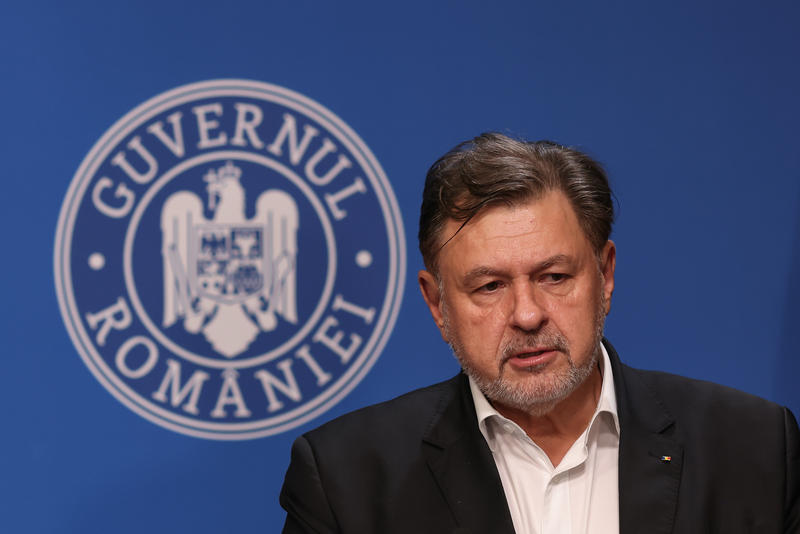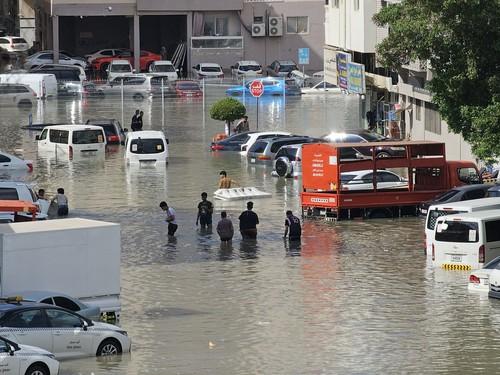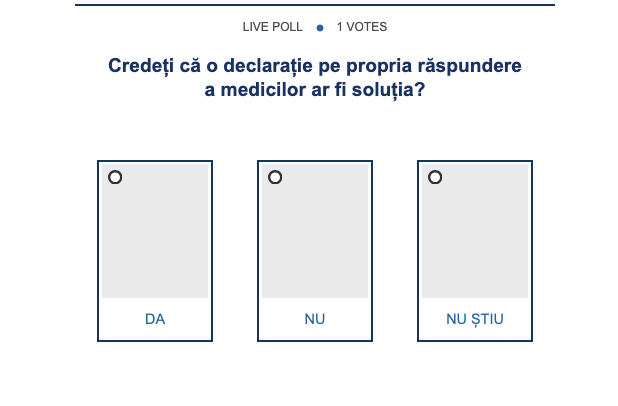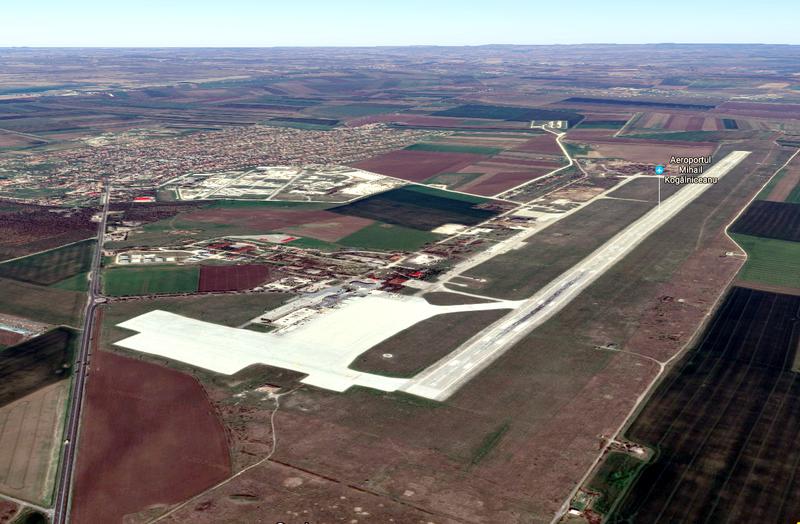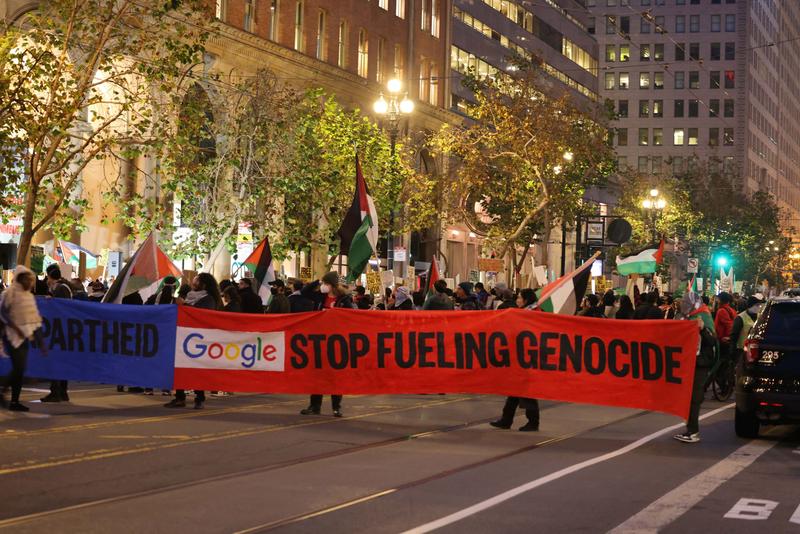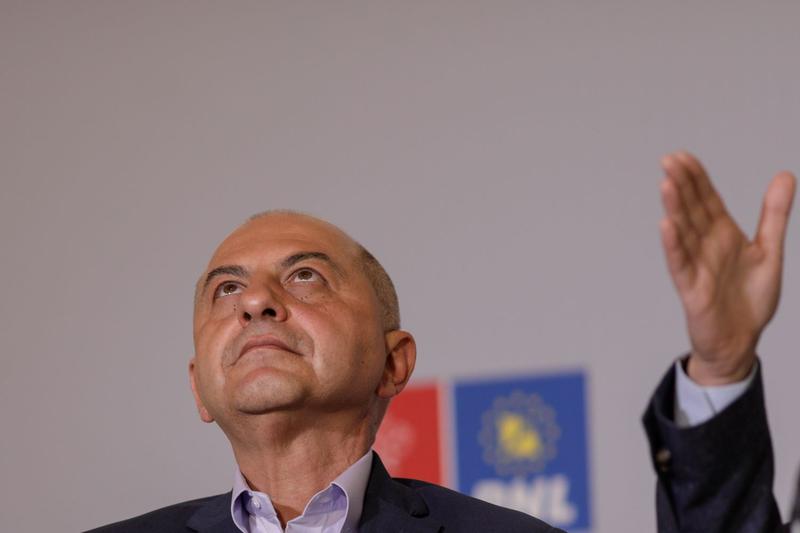The accession to the European Union produced large and tempting public funds reserves, fit for detours, The Economist notes. The anti-corruption institutions in Romania and Bulgaria are marginalized, powerless or broke down. The lack of possibility or the lack of will in fighting high-level corruption drawn rough warnings from Brussels. In Romania, the procedure-related obstacles blocked all high-level corruption cases, while the Government seems more interested in fighting its critics than it is in fighting corruption.
“Before accession, governments were under close scrutiny. Now the fight against corruption is not a priority,” comments Drago Kos, president of GRECO, an anti-corruption outfit affiliated to the Council of Europe, a human-rights organization, quoted by The economist.
"Barely three months after it joined the EU in 2007, the Romanian government fired Monica Macovei, a doughty justice minister who had attacked corruption head-on. Her successor tried to fire the anti-corruption prosecutor for investigating his political sponsors. The incumbent is a former lawyer for Russia's Gazprom. Procedural snags have held up all high-level corruption cases. Investigation of former ministers now requires parliamentary approval, sending every case back to square one. Although Romania comes out lowest in the EU in the rankings by Transparency International, a lobby group, the government seems determined to attack its critics rather than corruption", The Economist reads.
"Voters are generally disillusioned with post-communist politics. Yet from the Baltic to the Balkans, even politicians facing the most startling accusations of corruption seem not to suffer at the polls. A bit like Italy, really", the paper concludes.


